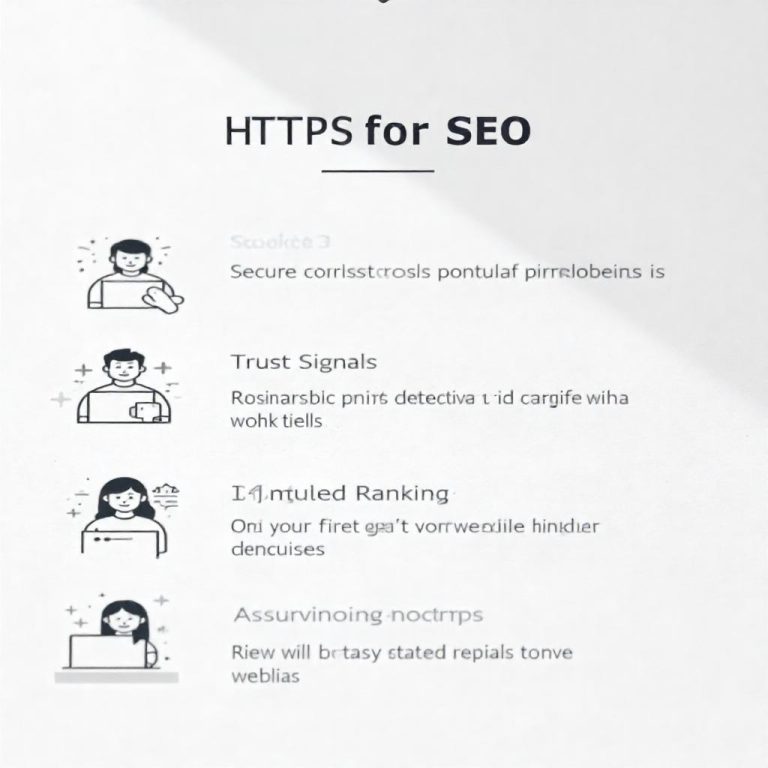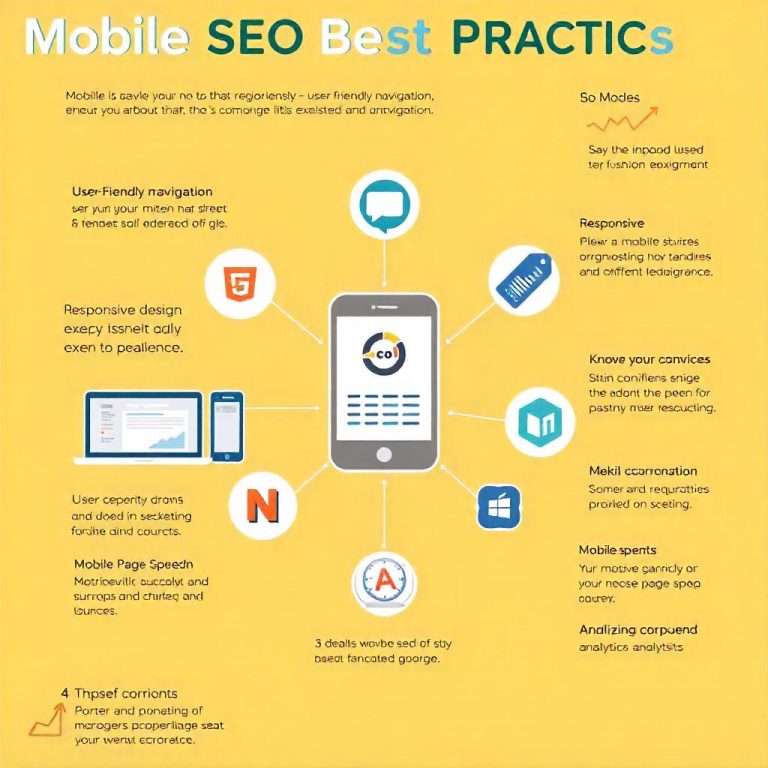What Are Meta Descriptions
Meta descriptions are short summaries or snippets of content that describe the content of a webpage. They appear in the HTML code of a webpage and are typically displayed by search engines in the search results beneath the page title. Although they don’t directly impact search rankings, meta descriptions play an essential role in attracting users to click through to a site. Well-crafted meta descriptions can improve click-through rates (CTR) by clearly conveying what a page is about, making it more appealing to users searching for relevant information.
Blog Writing & SEO Optimization Services
Key Components of Meta Descriptions
- Length: Meta descriptions are usually between 150-160 characters. Search engines typically truncate descriptions longer than this, so it’s essential to keep them concise while ensuring they convey the core message.
- Keywords: Including relevant keywords in a meta description helps users quickly understand that the page contains the information they are searching for. While keywords don’t directly affect rankings, they can improve the relevancy of the description and increase click-through rates.
- Unique and Compelling: Each page on a website should have a unique meta description that accurately represents its content. Crafting a compelling meta description can grab the reader’s attention and motivate them to click.
Why Meta Descriptions Are Important
- Increases Click-Through Rates: A good meta description can attract users to click on a link by providing a concise, appealing summary of what they can expect on the page.
- Boosts Organic Traffic: With a well-written meta description, pages are more likely to gain clicks from search results, which can increase a site’s overall organic traffic.
- Improves User Experience: Clear meta descriptions help users quickly assess whether the page is relevant to their query, improving the overall search experience.
Boost Your Blog and Website with SEO – 50 Articles for Just $20!
Best Practices for Writing Meta Descriptions
- Keep It Relevant and Specific: Ensure the description reflects the actual content of the page so users know what they’re clicking on.
- Use Action-Oriented Language: Phrases like “learn more,” “discover,” or “find out” can encourage clicks.
- Include a Call-to-Action (CTA): Adding a CTA can prompt users to engage with the content, such as “Shop now” for product pages or “Read more” for blogs.
- Avoid Duplication: Each page should have a unique meta description to avoid confusion and help search engines differentiate between pages.
Unlock Your Writing Potential and Start Earning Today with our read online E-book
Meta descriptions may not directly influence SEO rankings, but their impact on user engagement and CTR can significantly affect a website’s performance in search results. By creating descriptive, enticing, and keyword-relevant meta descriptions, websites can attract more visitors and provide a better user experience from search engine results pages.







